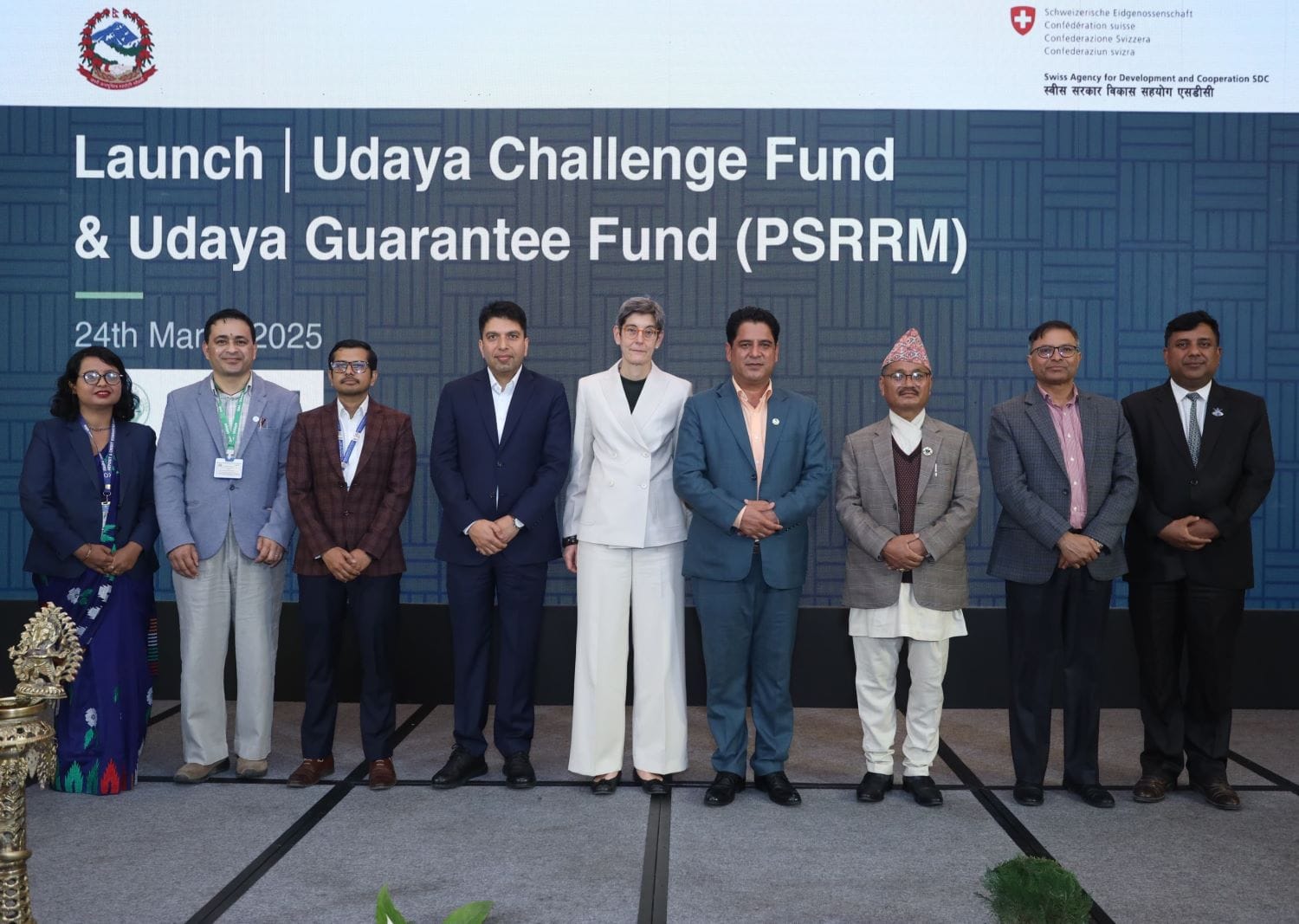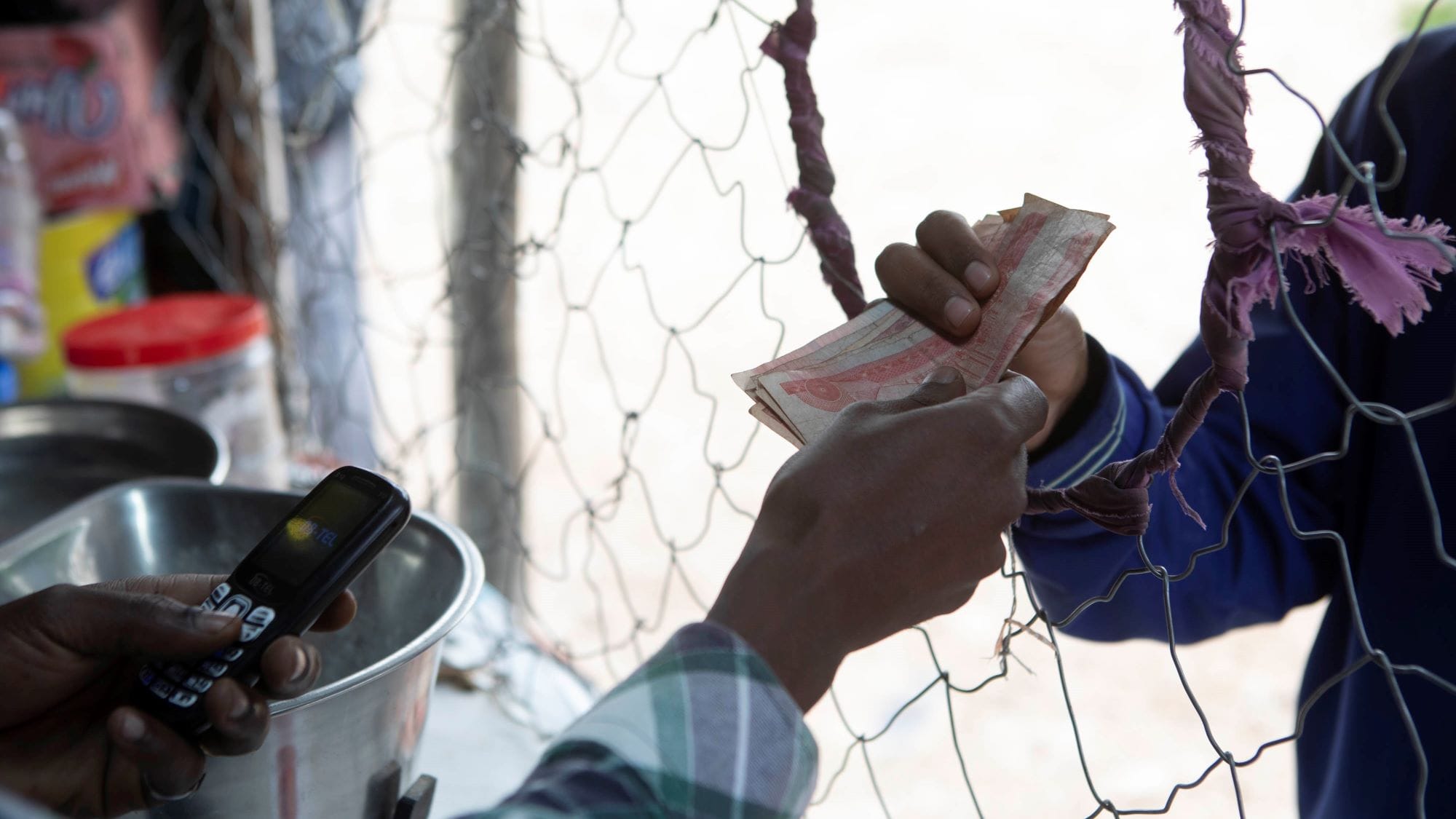In the Niger Delta, the critical problem we identified in the aquaculture sector was poor farm productivity, leading to low profits. Analysis showed that farmers could significantly increase their profits if they applied better production techniques, monitored their expenses through simple management tools, ensured better water quality, and—most importantly—used the right quality of fish feed.
Since fish feed accounts for 60 percent of the cost of production, the companies that will benefit the most from increased production will be feed companies. They are excellent points of leverage because just a few firms sell to many farmers, and they have an incentive to help farmers become more productive by using their feed.
The DAI-supported Foundation for Partnership Initiatives in the Niger Delta (PIND) developed a pilot program to help feed companies organize and pay for pond demonstrations to train farmers in proper practices and feeding techniques. This training has led to a 65 percent increase in farm profitability and increased sales for the feed companies.
Now that the model has been demonstrated, feed companies are organizing the demonstration ponds on their own, covering all costs and reaching thousands of farmers. Building on the demonstrated benefits of the pilot, and sharing this information in public fora, numerous feed companies are now aware of the market potential and competing to organize demonstration ponds.
The alignment of benefits between farmers and feed companies has led to a rapid and sustainable uptake of the model, meaning PIND will be able to exit the direct intervention soon, leaving behind sustainable models for increasing farmer productivity.





